Utilizing resources
Shen Junming, 44, once worked in architectural design. In 2015, he began managing rural homestays, but due to the pandemic he returned to his hometown of Hangzhou.
There he applied for the job of rural operations manager in Hongcun, a position established in 2017 with the support of the government.
Shen said at first he didn't fully understand what the job entailed. "Over the years, I developed my own understanding of it," said Shen, adding that the job is mainly about being responsible for planning, coordinating, and supervising all operational aspects of the village, as well as using idle resources, and boosting employment.
"The idle resources are not only about vacant spaces such as houses, land and ponds, but also idle human resources. Some elderly people stay at home with not much to do. However, through the introduction of certain industries, these individuals can engage in production and activities in their village, or even start businesses, thereby increasing their income," said Shen.
Hongcun covers an area of approximately 10.97 square kilometers with nearly 2,000 residents living in 608 households, making it quite large in size. Besides the major attraction of Jingshan Temple, the village is also known for heng fan dofu gan (heng fan dried tofu), and sanheyuan bamboo salt.
Shen said over the past four years, the village has not only seen tangible economic benefits but also changed villagers' mindsets so they can see the opportunities created by new industries and more visitors.
"Originally, Hongcun faced challenges due to poor road links and being a remote village. At that time, there were no businesses, not even convenience stores. Over the past four years, things have changed, with more and more young people coming here and running their own businesses," Shen said, adding that the village provides support such as facilitating the establishment of new businesses and reducing barriers for young entrepreneurs.
This has resulted in the population growing with the arrival of new settlers, more village cooperative enterprises, and a twofold increase in the village's collective economy from 2021 to 2022, said Shen.











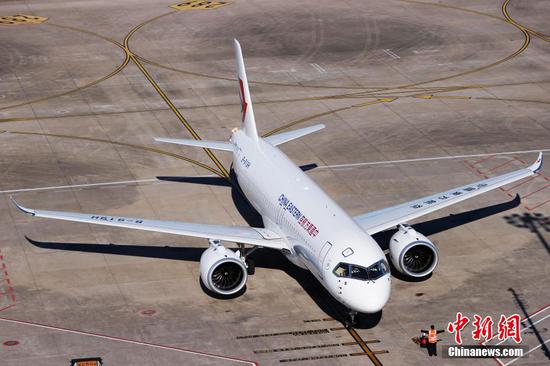
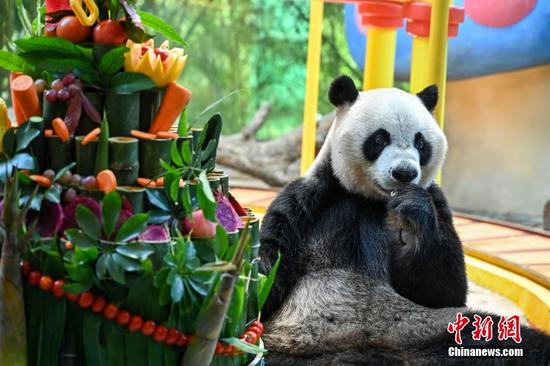


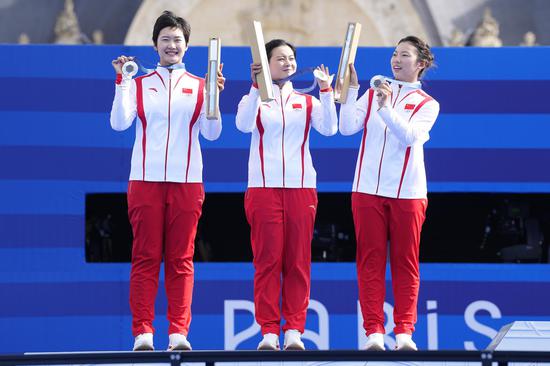





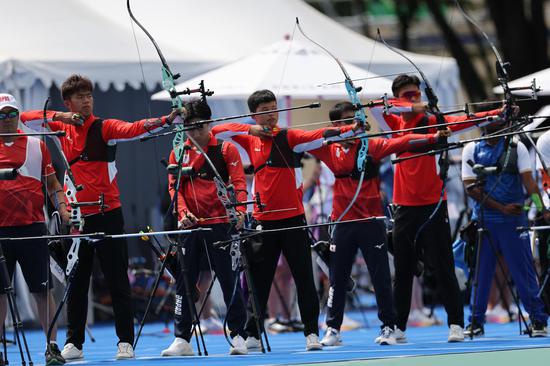






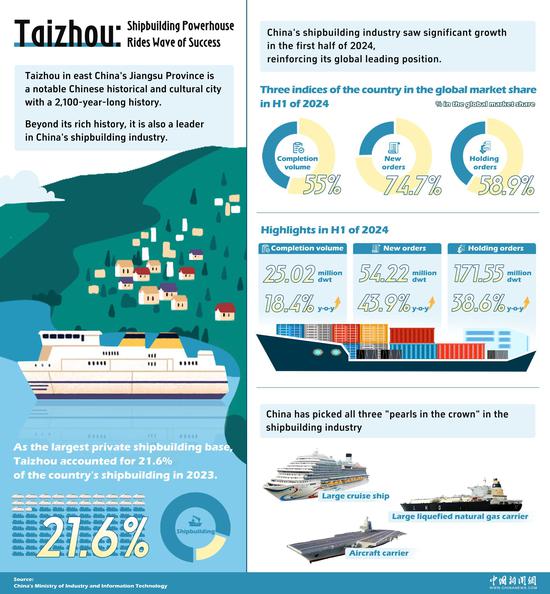
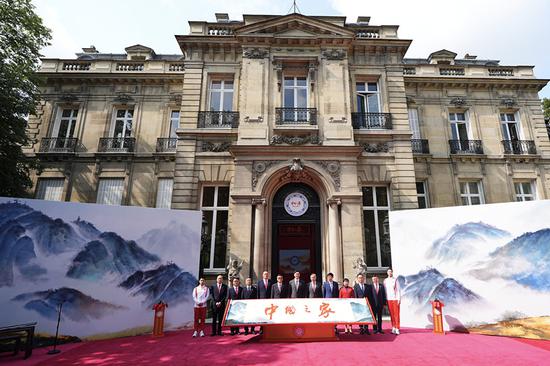
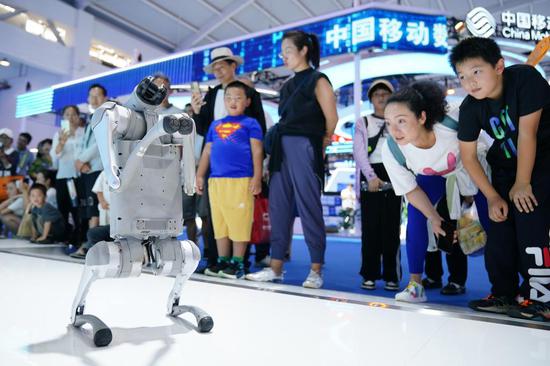

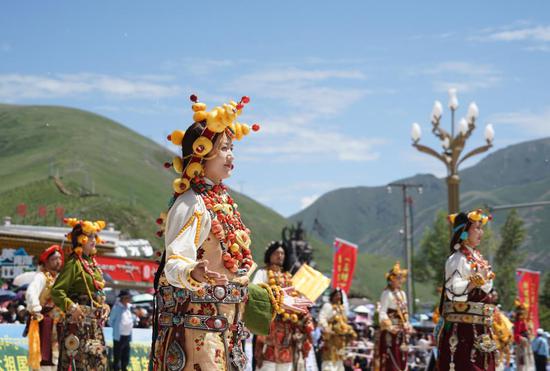

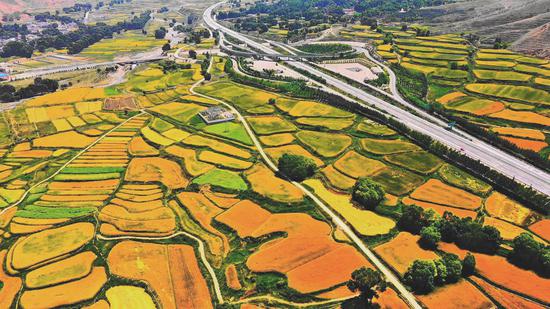



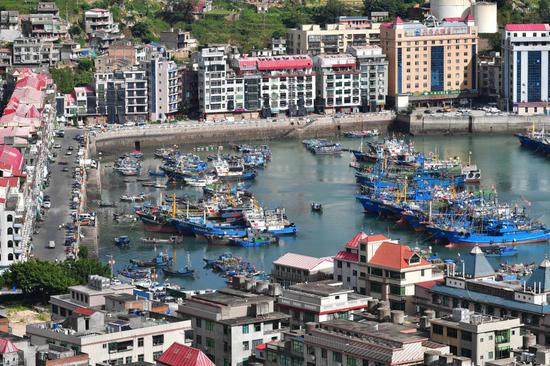


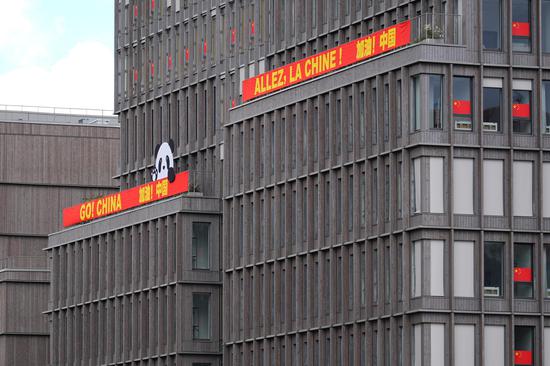
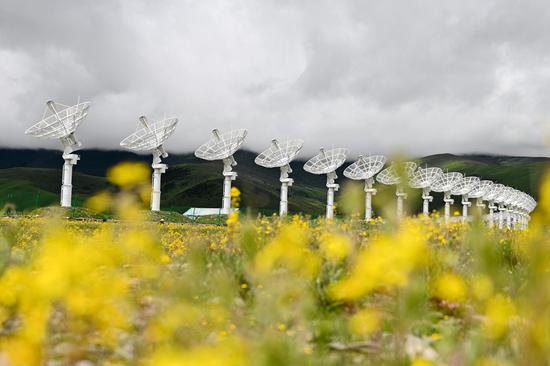


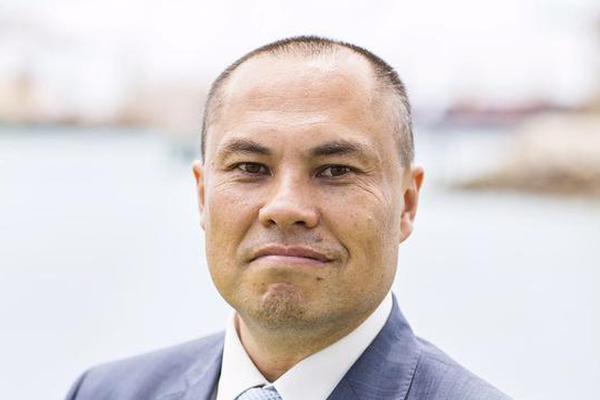

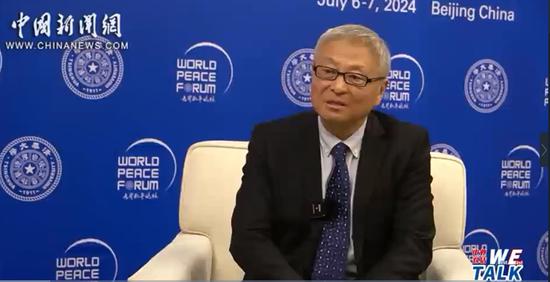

 京公网安备 11010202009201号
京公网安备 11010202009201号